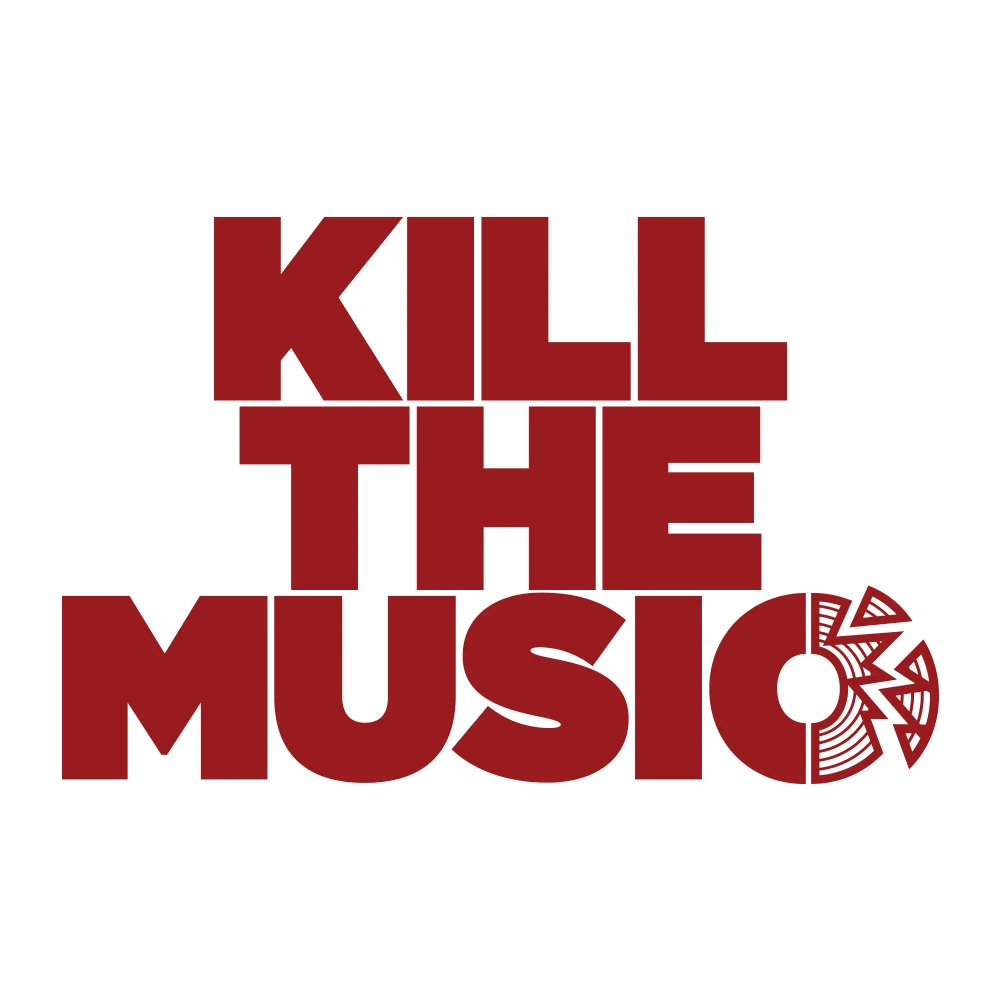Photo by Brett Sayles on Pexels
Independent musicians rely on digital platforms to earn money and distribute their work. Streaming services, online stores, and licensing deals provide income, but they also come with risks. Revenue loss, account theft, and copyright violations can impact careers. Taking steps to protect earnings and intellectual property helps artists stay in control of their work and income.
How to Keep Your Streaming and Digital Sales Revenue Safe
Music streaming and digital sales generate income, but fraud and unauthorized access can affect earnings. Monitoring streaming trends helps artists detect unusual patterns that could indicate fraudulent activity. Platforms offering digital music distribution provide analytics tools that make it easier to track streaming data and revenue sources.
1. Register with a Performing Rights Organization
Performing Rights Organizations (PROs) track and collect royalties when music is played in public spaces. Services like ASCAP, BMI, and PRS for Music ensure that independent artists receive payments for radio plays, live performances, and TV broadcasts.
2. Monitor Your Streaming Analytics for Irregular Activity
Some fraudulent groups manipulate streaming numbers, taking money that should go to real artists. Using tools like Spotify for Artists helps track streaming trends and identify unusual patterns. A sudden spike in plays from an unknown region might signal fraudulent activity.
3. Securing Your Digital Distribution Accounts
Platforms like DistroKid and TuneCore store payment details and personal information. Enabling two-factor authentication (2FA) and using strong passwords reduce the risk of account takeovers.
Copyright Protection and Licensing to Prevent Unauthorized Use
Copyright violations affect independent artists when their work is used without permission. Taking steps to secure music rights helps prevent financial losses.
1. Registering Your Copyrights for Legal Protection
In most countries, music is copyrighted the moment it is created. Registering with official organizations, such as the U.S. Copyright Office, strengthens legal claims if disputes arise.
2. Use Digital Watermarking to Track Unauthorized Usage
Digital watermarking adds unique data to audio files, making it possible to track where a song is played. This technology helps identify unlicensed use and prevent piracy.
3. Issue Takedown Notices for Stolen Content
If a song is uploaded without permission, artists can file a DMCA takedown request. Many platforms provide online forms for reporting copyright violations, allowing musicians to remove unauthorized uploads.
Keeping Your Financial Transactions and Contracts Secure
Independent musicians manage multiple revenue streams, from digital royalties to merchandise sales. Protecting financial information ensures that earnings remain safe.
1. Adopt Secure Payment Platforms
Selling music or merchandise online involves processing payments from various sources. Platforms like PayPal for Business and Stripe offer fraud protection, helping musicians avoid chargebacks and unauthorized transactions.
2. Encrypt Your Online Communications When Negotiating Contracts
Many independent artists negotiate licensing deals and collaborations through email or online messaging. If contracts contain sensitive financial details, securing online activity is important. When discussing agreements remotely, some musicians use a VPN for Mac to prevent unauthorized access to their communications.
Protect Your Merch Sales and Fan Transactions
Selling merchandise is an important source of income, but online fraud and counterfeiting can affect profits. Taking steps to secure transactions keeps sales reliable.
1. Sell on Verified Platforms
Fake merchandise can appear on third-party resale sites. Using official storefronts like Bandcamp or Big Cartel helps artists maintain control over product authenticity.
2. Protecting Online Stores from Fraud
Fraudulent purchases and chargebacks reduce profits. Platforms like Shopify offer fraud detection tools to flag suspicious transactions and protect sellers from financial loss.
3. Keeping Your Fan Data Secure
When selling directly to fans, artists collect customer details like shipping addresses and payment methods. Using SSL encryption on websites prevents personal data from being stolen during transactions.
Why Security Matters for Independent Artists
Digital platforms make it possible for independent musicians to reach a global audience, but they also introduce risks. Securing streaming revenue, protecting copyrights, and keeping online transactions safe allows artists to focus on their craft without worrying about financial or legal setbacks.
Taking proactive steps to secure accounts, monitor revenue, and protect intellectual property ensures that musicians stay in control of their careers and earnings.

